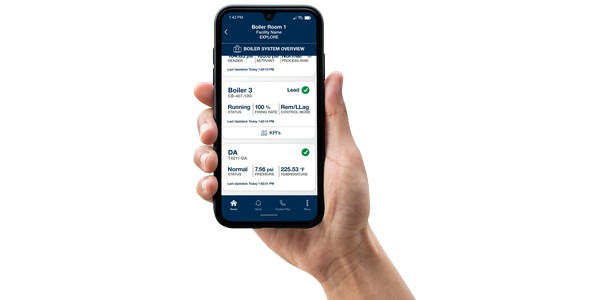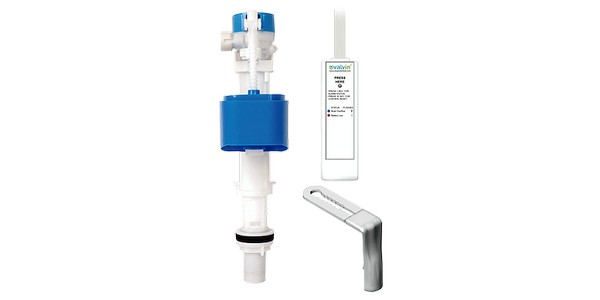Team USA Wins Water Innovation Challenge
Team USA emerged victorious over competitor Team Australia in the inaugural Water Innovation Challenge held during International Water Week in Singapore on June 3–5. During three days of intense competition, the teams developed innovative solutions for emerging water and sanitation problems in Nepal and Bangladesh in a series of hands-on design challenges.
The multi-disciplined Team USA was comprised of students and professionals under the age of 26 and was led by William N. Erickson, an ASPE member and a vice president of ASPE’s Research Foundation. Judith Torres, GE, an associate member of ASPE who works as a graduate mechanical engineer for Progressive AE in Grand Rapids, Michigan, was chosen as the engineer member of the team by the ASPE Board of Directors. Another ASPE member, Douglas Nelson, PE, an instructor at the Milwaukee School of Engineering, served as an advisor to the team.
“The clear understanding of the competition and the attention to detail of Doug Nelson and Judy Torres, both ASPE members, helped Team USA score consistently higher than the Australians in almost every category,” Erickson says.
The other team members were:
- Nicholas Michalenko, a licensed journeyman plumber with Rida Plumbing in Worthington, Massachusetts
- Sarah Parker, an advertising and design student at Appalachian State University in Boone, North Carolina
- Tim Murphy, an apprentice plumber at Boulanger’s Plumbing & Heating in Easthampton, Massachusetts
“It was such an amazing experience, made even better when our efforts were rewarded with taking first place,” Torres says. “I am thankful ASPE gave this opportunity to a young professional and even more thankful I was chosen. It was an honor to represent ASPE, engineers, my company, and of course Team USA.”
The Water Innovation Challenge involved three main components. The first challenge, completed prior to the start of the competition, required the teams to design and document new water solutions to meet community problems in a village in northern Bangladesh. The second challenge, completed during the three days of competition, was to design and document solutions to community problems in Nepal. The final challenge involved hands-on practical tasks assigned each day, including assembling a hand bore pump, a rainwater collection system and a solar pump installation. Using their assembled pumps, the teams raced against each other each day to be the first to fill a 100-liter water tank. The teams also were required to construct user-friendly installation and maintenance manuals that presented no language barriers.
“It was an intense and stressful experience, but having so many tasks to complete gave us the energy to get through each day,” Torres says. Team USA and Team Australia were neck in neck at the end of the first day, but Team USA quickly learned from their mistakes and persevered on days two and three. “The members of Team USA complimented each other so well—as we gave our final presentations of our designs, it seemed like we had worked together for years,” she says. “I felt so proud to be part of such an amazing team, and I’m excited to see how our designs unfold when they are implemented in Bangladesh and Nepal.”
The 2014 Water Innovation Challenge was organized by the WorldSkills Foundation, Healthabitat, the World Plumbing Council and the Institute of Technical Education in Singapore to raise awareness of sustainable systems that can be put in place globally to address issues such as water industry education and training, skills accreditation, installation and maintenance. Team USA was sponsored financially by ASPE, the International Association of Plumbing and Mechanical Officials, Mechanical Contractors Association of America, Plumbing-Heating-Cooling Contractors Association and WorldSkills USA. Sloan Valve also made a generous donation.



